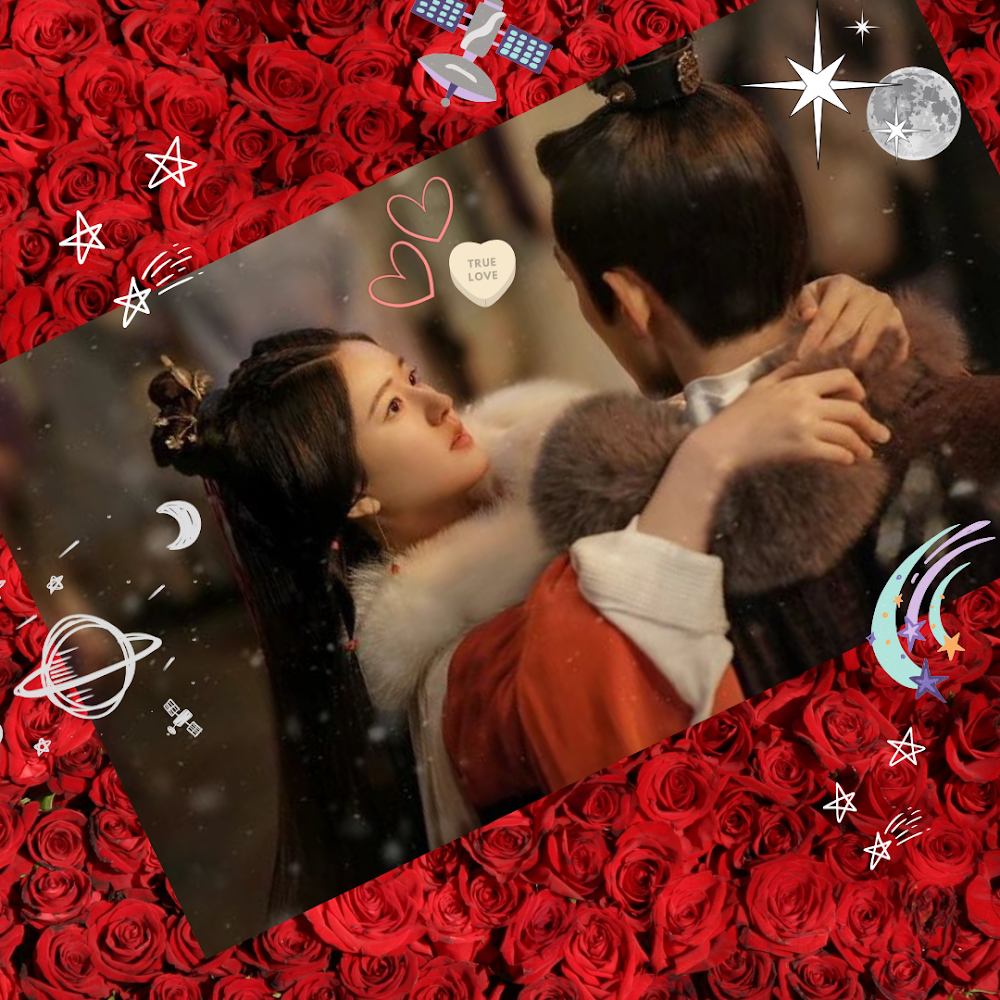Have you ever read a book and it just changes the way you look at the world? Have you ever read a book and it changes the way you see yourself? This was that kind of book for me. I stumbled upon it on that very first shelf at Aristoc in Garden City Mall, the one right near the entrance with all the 'how to be a success' books that we Ugandans love reading. Quiet is all about the introvert personality type and how we need to learn to appreciate it's strengths. So in line with the last amateur book review I did. Here are some of my favorite quotes and what I loved about the book...
"Introverts prefer to work independently, and solitude can be a catalyst to innovation"
This totally changed the way I work. Because for the first time I could accept that as an introvert I don't enjoy brainstorming meetings unless I have had time beforehand to generate ideas alone. I personally prefer to take time to sit with a challenge and then return with solutions to the group. When this is possible, then that's what I do. This doesn't mean we should get rid of brainstorming meetings , just that we should encourage other methods of idea generation. What I found so great about this book is how Susan Cain addresses the concept that work places are built to support the 'extrovert ideal' . We now have see-through cubicles and open offices. Meetings can occur on a big open table rather than in a specific room.This is not bad thing it just means that if you have any introverts on the team they may not be comfortable and this may interfere with their work. According to Susan our different personality types mean our brains are wired to react to stimuli differently, apparently you can identify this in the first few months of a babies' life! You need to read this book. 😏😏😏
I work better in solitude but I believe we've all been conditioned to act otherwise so I feel horribly guilty when I take that time to myself.Warren Buffet is one of the most successful leaders in the business world.There is a great example in the book of how his introverted nature has helped him succeed. A lot of great inventors. writers, artists, innovators worked and work well in solitude so I am taking a leaf from them. Just read the quote below about children's favorite, Dr Seuss.
"Even the considerable more cheerful Theodor Geisel (otherwise known as Dr Seuss) spent his workdays ensconced in his private studio, the walls lined with sketches and drawings, in a bell tower outside his La Jolla California house. Geisel was a much more quiet man that his jocular rhymes suggest."
This book also talks about the history of glorifying certain personality types in different cultures. Not just our nationalities and ethnicity but our education culture and work culture. I was mind blown by this because for some reason it never crossed my mind how much this could affect the success of a person. I am now pondering what personality types we appreciate more within the different cultures in Uganda. Does it defer with gender, age or societal roles? I am curious. One of my favorite chapters in the book is called ' The Myth of Charismatic Leadership' .The insights on the pressures at Harvard's Business school were VERY interesting (see quote below)
"The school also tries to turn quiet students into talkers. The professors have their own 'Learning Teams ', in which they egg each other on with techniques to draw out reticent students."
I think while it may not be as intensive in other levels of education. Most systems are geared to get pupils or students to be extrovert-like. Once again, this is not a bad thing only that it made me consider for the first time... why are we playing to only one personality type? If we have all this information about how babies grow and develop, why not try a few new things? Like not marking the quiet shy smart pupils low in the end of the year school report just because they did not put their hand up in class often.
"If personal space is vital to creativity, so is freedom from 'peer pressure'."The pressure to fit-in is there throughout life. If you are lucky you start to not always seek everyone's approval as you get older. But in your school years especially when you hit puberty it is ALL about NOT standing out. So how does one create a world for children that supports these challenges as per the personality types? I don't know, but Susan's book brings up a lot of those questions for us. Even some great ones about parenting.
"If there is only one insight you take away from this book, though, I hope it's a newfound sense of entitlement to be yourself. I can vouch personally for the life-transforming effects of this outlook. Remember that first client I told you about, the one called Laura in order to protect her identity? That was a story about me. I was my own first client."
I recommend this book to anyone and everyone, but mostly introverts. It's a great educative insightful read!











Post a Comment